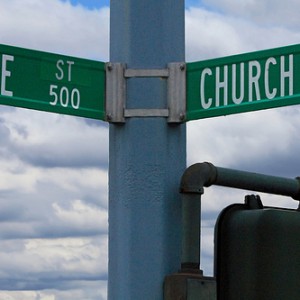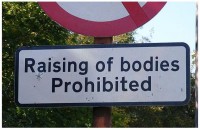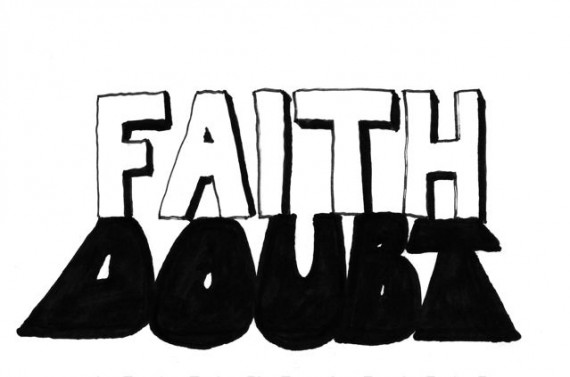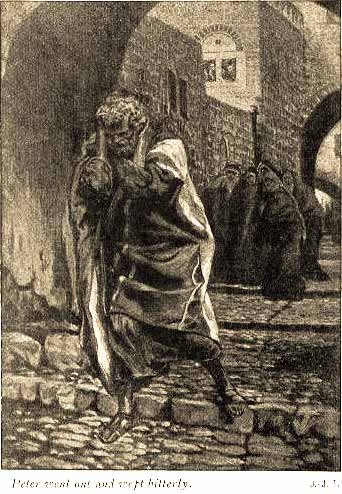 In many places in the world, people have to be careful about what they say, and to whom they say it, especially when talking about their government. In general, people who live in most Western nations do not have this fear. We have the right to publically state our opinion about what others are doing, and even disagree with the direction our government is taking.
In many places in the world, people have to be careful about what they say, and to whom they say it, especially when talking about their government. In general, people who live in most Western nations do not have this fear. We have the right to publically state our opinion about what others are doing, and even disagree with the direction our government is taking.
This is a wonderful and amazing freedom, as people in power do not usually like to see dissent from those who have less power.
Certainly, there are some areas where the freedom of speech is restricted, such as shouting “fire” in a movie theater, talking about bombs on an airplane, and all forms of hate speech against people of other races or religions. But beyond this, the freedom of speech is a valuable right that we enjoy, and which, at least in the United States, is guaranteed by the First Amendment to the Constitution.
But just as with all the other rights in the Constitution, this one also can be abused, especially when divorced from godly values and perspectives. When people lose their respect for others, and stop believing that all people have basic human dignity and value, the freedom of speech can become a curse.





 We can thank God that we live in a country where we have the
We can thank God that we live in a country where we have the 





 In other words, C. S. Lewis says that even if God Himself spoke to Lewis and told him that it was all a lie, that God had tried His hardest, but had finally lost, and was now about to disappear into oblivion and defeat, C. S. Lewis says it would not matter one bit. He would still stick with God. He would not switch sides. He would go down fighting, next to our dying God.
In other words, C. S. Lewis says that even if God Himself spoke to Lewis and told him that it was all a lie, that God had tried His hardest, but had finally lost, and was now about to disappear into oblivion and defeat, C. S. Lewis says it would not matter one bit. He would still stick with God. He would not switch sides. He would go down fighting, next to our dying God.
 What does Jesus think about doubt?
What does Jesus think about doubt?

 What are the most beautiful words in the Gospels?
What are the most beautiful words in the Gospels? Yet despite all this zeal for Jesus, it was only Peter who verbally denied Jesus. It was only Peter who cursed Jesus. Not once. Not twice. But three times. (
Yet despite all this zeal for Jesus, it was only Peter who verbally denied Jesus. It was only Peter who cursed Jesus. Not once. Not twice. But three times. (